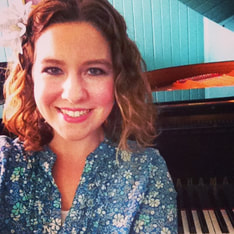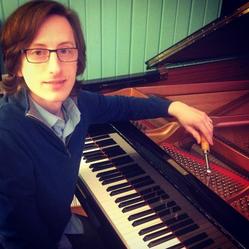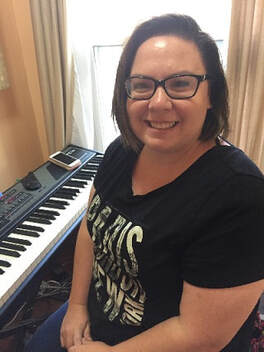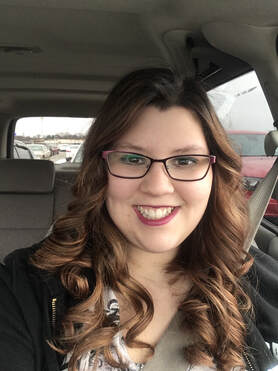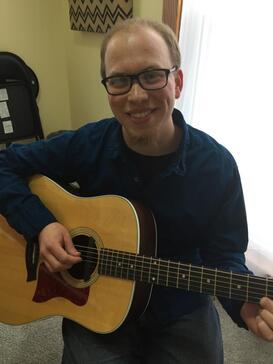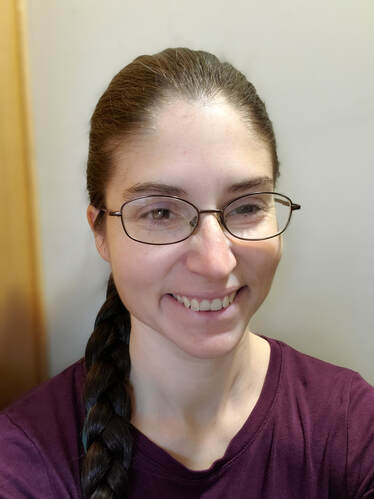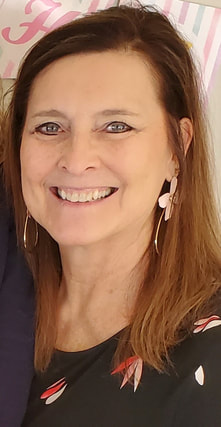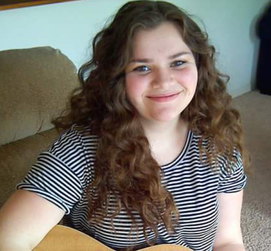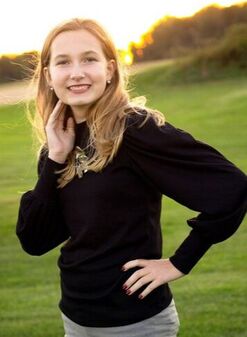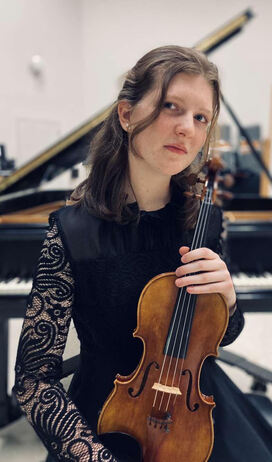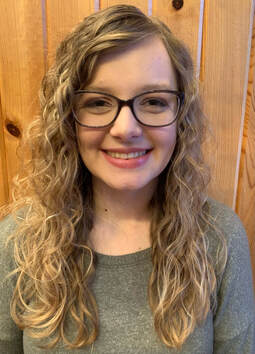Meet the Teachers!
Krysti Schey, NCTM, piano |
Philip Schey, NCTM, piano |
Amy Russell, piano, voice |
Mike Bryce, guitar |
Johanna Barhorst, violin, viola |
Carla Wyant, piano & voice |
Holiday Herman, piano |
Gracie Hayes, violin |
Krysti's Teaching Philosophy
As a piano teacher, I believe it is my job to help the student understand the essential aspects of the instrument such as notes and rhythm. However, there are some main ideas in my teaching philosophy that I would like to highlight. These are: the idea that each child is capable of making music, the teacher should be positive, encouraging, and a good role model, the teacher should be up to date with new ideas for piano teaching but must never hinder the student’s own creativity, and the teacher may help the student understand that they can use their musical gift to give praise to God.
It is my belief that everyone is capable of making music. I believe it is the piano teacher’s task to help the student discover it and develop it to the point where they can make music on their own. At an early age students will be encouraged to sing along with their pieces as this helps the student to better internalize the sound of the music.
The teacher must be positive, encouraging, support the child’s whole education, and must be a good role model. Students learn the best when they feel like their efforts are enjoyed. The teacher should use plenty of praise. The student should leave the lesson feeling good about themselves and their abilities. The teacher should be interested in the student’s other activities and what is going on in their life. The teacher must be a good role model and live a life knowing that an impressionable student may be watching.
It is the responsibility of the teacher to learn about the newest ideas in piano teaching and use the best methods possible with the student. However, this should never hinder the student’s own creativity, and the teacher must help each student individually with their strengths and weaknesses as a musician. The piano teacher must stay up to date with conferences, new method books and materials, and new pedagogical ideas. The teacher should try to match ideas with the student’s learning, and always be open to the student’s creativity in lessons. Many times the teacher may also learn about different ways of doing things from the student’s ideas in a lesson.
The teacher should acknowledge where our gifts come from, and encourage an environment in which the student can learn to give praise to the Lord through their music making. A teacher should be humble and give credit to God for musical gifts, and should create an environment to match this. If they would like to, a student should feel comfortable learning to praise God through music.
It is my belief that everyone is capable of making music. I believe it is the piano teacher’s task to help the student discover it and develop it to the point where they can make music on their own. At an early age students will be encouraged to sing along with their pieces as this helps the student to better internalize the sound of the music.
The teacher must be positive, encouraging, support the child’s whole education, and must be a good role model. Students learn the best when they feel like their efforts are enjoyed. The teacher should use plenty of praise. The student should leave the lesson feeling good about themselves and their abilities. The teacher should be interested in the student’s other activities and what is going on in their life. The teacher must be a good role model and live a life knowing that an impressionable student may be watching.
It is the responsibility of the teacher to learn about the newest ideas in piano teaching and use the best methods possible with the student. However, this should never hinder the student’s own creativity, and the teacher must help each student individually with their strengths and weaknesses as a musician. The piano teacher must stay up to date with conferences, new method books and materials, and new pedagogical ideas. The teacher should try to match ideas with the student’s learning, and always be open to the student’s creativity in lessons. Many times the teacher may also learn about different ways of doing things from the student’s ideas in a lesson.
The teacher should acknowledge where our gifts come from, and encourage an environment in which the student can learn to give praise to the Lord through their music making. A teacher should be humble and give credit to God for musical gifts, and should create an environment to match this. If they would like to, a student should feel comfortable learning to praise God through music.

